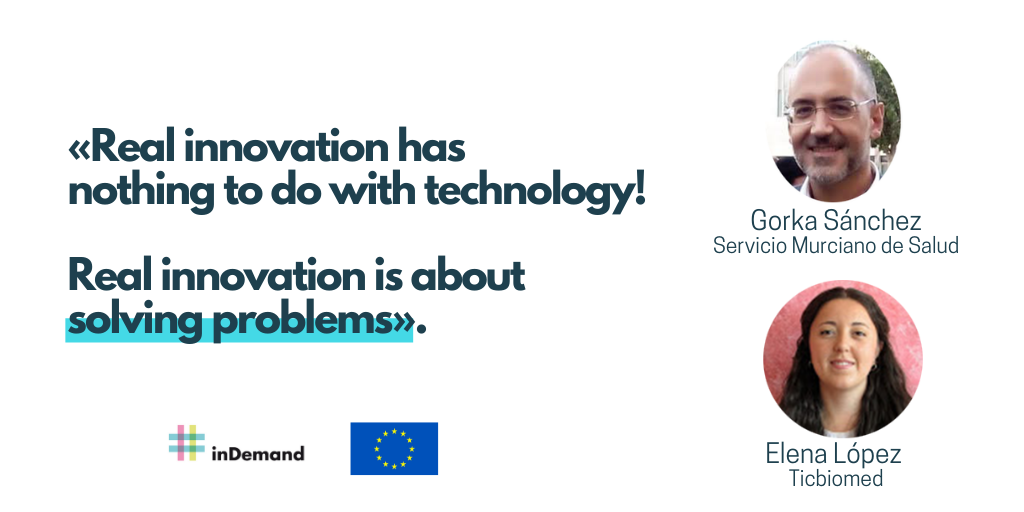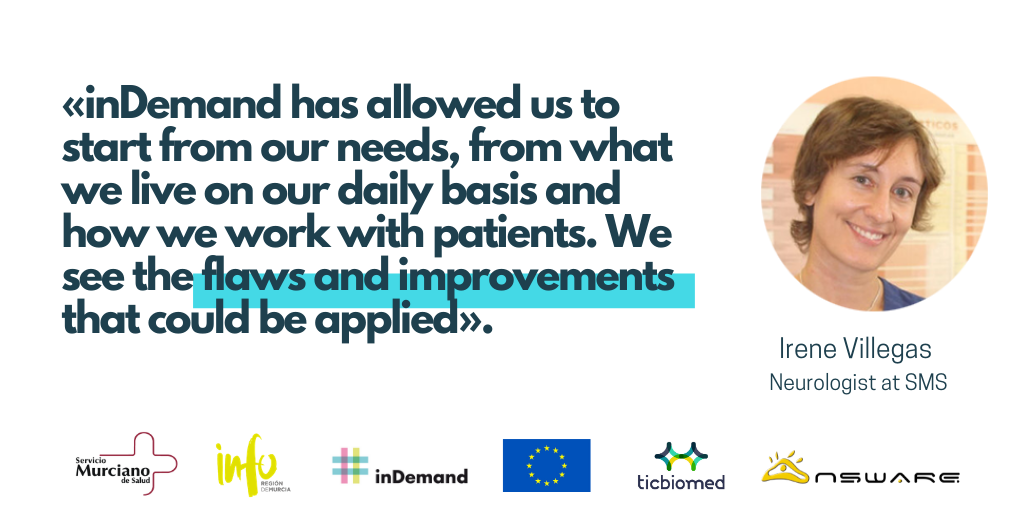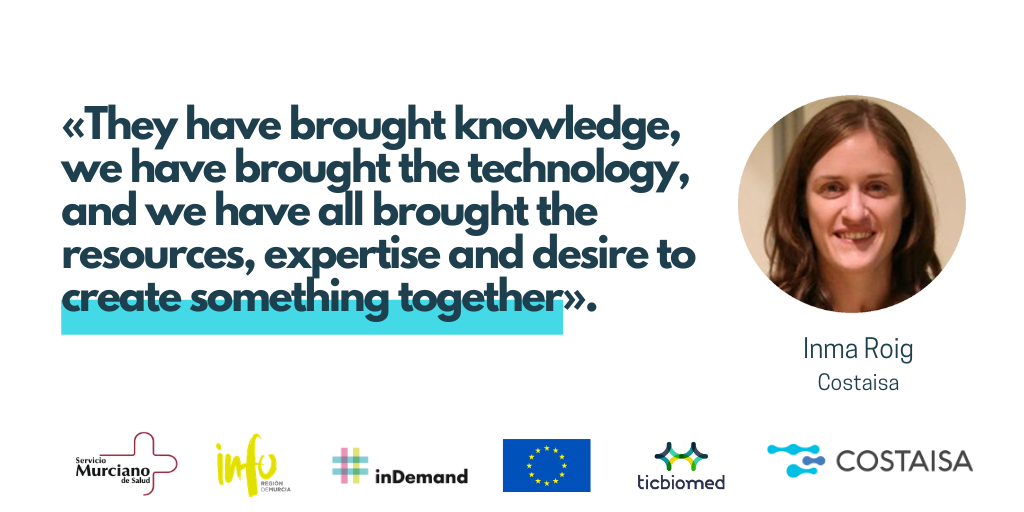4 reasons why hospitals looking for real innovation should listen to their intrapreneurs

Article writen by Gorka Sánchez, Innovation at Servicio Murciano de Salud (Challenger) and Elena López, Project Consultant in Ticbiomed (Supporter).
Given today’s healthcare challenges such as the ageing population or the management of chronic patients, healthcare organisations are under pressure to adapt their care to the new times. We all know innovation is the key.
Some organisations try to appear more innovative by exploring the possibilities of new technology. However, real innovation has nothing to do with new technology! Real innovation is about solving problems.
inDemand solves problems identified by the intrapreneurs inside their organisations, healthcare professionals that are at the front line of care and know better than anyone else which are the pain points. In this text, we explain four reasons why healthcare organisations looking for real innovation should listen to their intrapreneurs:
1. Helps in the allocation of resources. There are many improvements that could be made through innovation but resources are limited (both time and human resources). Healthcare professionals are the best qualified to identify real problems, since they are the ones who know best the day-to-day work. Together with the strategic vision of management, the organisation can make an assessment of the problems that could have greater impact if they are solved, and allocating resources accordingly.
2. Creates a culture of innovation. Organisations that want to innovate have to face the culture of the organisation (‘culture eats strategy for breakfast’). Culture is people. Counting on people from the beginning, to implement new processes or services will lower the barriers. This will make the organisation more open and less resistant to change. Creating channels for innovation, visible and accessible to all professionals, creates a foundation that drives the illusion of health care professionals towards management priorities. As an example. Servicio Murciano de Salud has received during inDemand 100 proposals from their intrapreneurs.
3. Makes easier the implementation of a new care routines. If projects are led by a motivated person within the organization, they are more likely to survive in the long term. The person will ensure the implementation of the idea and will try to solve all the problems that may arise (and they will surely arise). He or she will try to get resources available and gain the acceptance of his or her colleagues, as well as spread the initiative within and outside of his or her job.
4. Builds better solutions. If apart from identifying the needs, healthcare professionals also co-create the solution, their field experience guarantees a better development. They can help when defining the use cases and when validating them in a real scenario. In our experience, the best solution is one that is created by the user. And the best seller of the solution is also the user. A solution born from a prioritized need will have a group of professionals behind who will promote it.

Irene Villegas, Neurologist at SMS, detected a need when treating epileptic patients who had difficulty in accessing the consultations with their specialist. Irene co-created a solution with Answare Tech (now Oxiframe) to facilitate the empowerment of patients with epilepsy and their convenient communication with doctors.
We had doubts as to how this new model of innovation would fit into companies, if they would experience it as a loss of protagonism in development, an intrusion in the direction of their project. However, the satisfaction was general to the point that consolidated companies in the sector with 50 years of experience – like Costaisa – recognised that they had discovered a more agile, precise and secure formula for developing solutions than those they had experienced before (see article Demand-driven co-creation helps companies to co-create innovations that have better customer relevancy). A discovery for everyone. A win win.

Costaisa has co-created with the Specialized Healthcare Training programme in Servicio Murciano de Salud an online platform to help in the planning, monitoring and evaluation of specialized healthcare education delivered in hospitals.